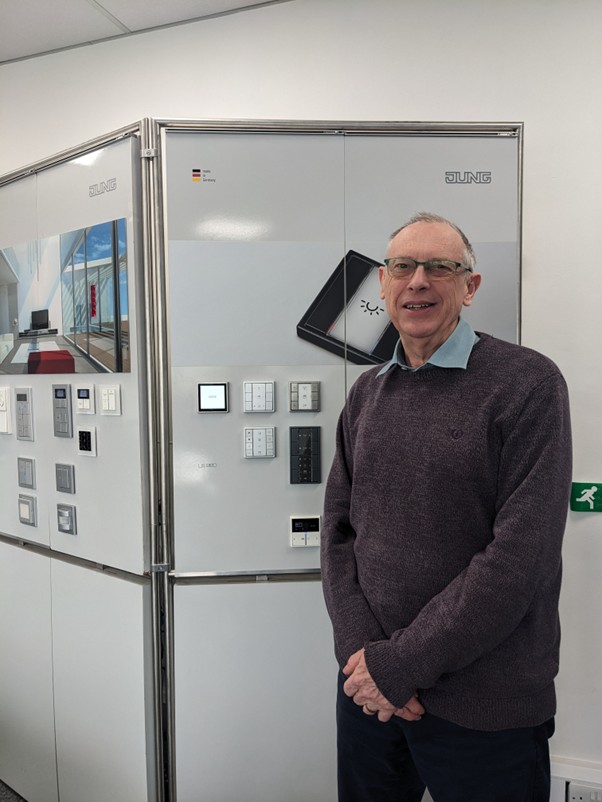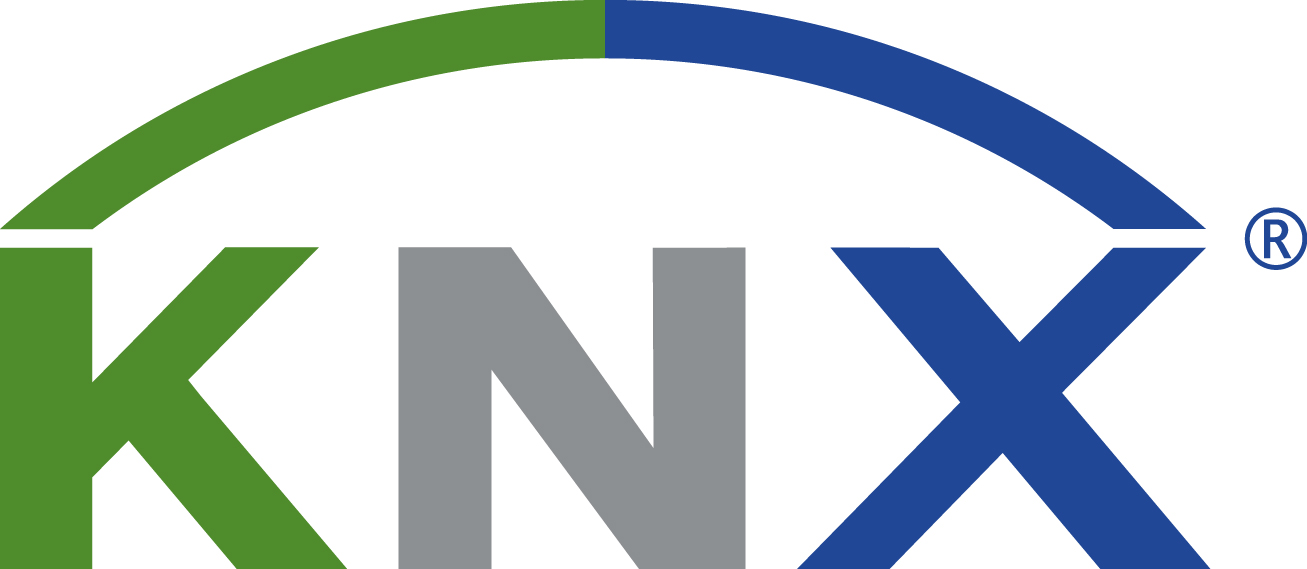As he steps back from full-time training, Gordon Fry, BEMCO KNX trainer, talks about how communication and expertise have redefined the smart home industry.

How has KNX technology evolved since you began training at BEMCO in 2017?
When I started eight years ago, awareness in the UK was limited. KNX was often dismissed as a ‘German curiosity’. Today, architects, consultants and contractors increasingly specify KNX by name. That’s a major shift. The UK still lags behind Europe, but momentum is building. Clients now demand KNX solutions rather than settling for proprietary alternatives.
KNX isn’t tied to a single brand – it’s an open standard with over 500 manufacturers. While this technical flexibility is a strength, it can complicate the marketing. How do you sell a concept rather than a shiny product? Yet the tide is turning, as specifiers embrace its interoperability and scalability. Our trainer talks about how communication and expertise are redefining the industry.
What will it take for KNX to truly take off in the UK?
Two words: accessibility and simplicity. KNX is still perceived as a premium solution for high-end homes or commercial projects. To penetrate mainstream markets – think the average three-bedroom semi – costs must align with broader budgets. Equally critical is user-friendliness.
Many electricians thrive on hands-on work, not laptop programming. KNX is addressing this with innovations like E-Mode, which enables device pairing via the press of a button – no coding required. Electricians can link switches and dimmers in minutes. S-Mode (system mode) still caters to complex projects, but expanding E-Mode’s capabilities could really help KNX take off.
Where do you see KNX evolving in the future?
IoT integration has got to be the front-runner. KNX is embracing IP connectivity, wireless protocols and APIs to bridge with smart devices. Imagine a KNX system orchestrating IoT sensors, voice assistants and cloud platforms seamlessly. We’re already seeing APIs that let KNX ‘talk’ to ecosystems like Sonos or Lutron.
This interoperability will define the smart buildings of tomorrow: decentralised, adaptable and future-proof. For professional installers, this means upskilling in networking and software integration. For clients, it unlocks unparalleled customisation.
Any parting advice for the KNX community and BEMCO customers?
Students are after practical exercises, not just theory. Keep pushing for simplicity. E-Mode is a start, but we need more tools to onboard traditional electricians.
And to BEMCO’s team – thank you. Your dedication to KNX education has been transformative. It’s your blend of rigorous training and real-world support that continues to set the standard. You’re technical partners. Bring them your project puzzles – whether it’s 10 switches or 20 dimmers – and they’ll help you build smarter.


